In the last decade, we’ve seen high-profile cases that highlight the need for organizations to be prepared to deal with mental health issues among executives. In these circumstances, both the privacy of the individual and the protection of the business are the key considerations. For example, in November of 2011, shares in Lloyds TSB, one of the UK’s biggest retail banks, fell more than 4% (almost $1.5 billion at the time) in one day. The precipitating event? A press release stating that the chief executive would be taking medical leave due to “extreme fatigue.”
A 2007 HR manager survey by the Partnership for Workplace Mental Health in the US reported that 8 in 10 respondents said they felt employees suffering from mental illness might refrain from seeking treatment due to “shame and stigma.” There’s no question that a stigma surrounding mental health issues in the workplace exists, particularly in the competitive, high-demand work environments of a high-profile executive.
When executives experience the physical and mental toll of the high demands of their role, they often choose to suffer in silence as a mode of self-preservation. Admitting to a weakness makes them feel vulnerable. But, trying to cope in this way is ineffective, and can often escalate negative outcomes. When things go south, the results for them personally, and for the business, can be devastating. The challenge is, how can we encourage this population to identify the warning signs, foster resiliency, and access services that can prevent issues from reaching a catastrophic level?
A PwC report from March 2014 titled, “Creating a mentally healthy workplace: Return on investment analysis” stated that for every dollar invested in creating a mentally healthy workplace, the benefit to the company is $2.30. The alternative to this investment is business losses from lower productivity and higher health care costs. This cost is particularly relevant for the high-profile executive population where increased competition for jobs and a disproportionate work/life balance leads to overwhelming emotional demands. The consequences of a public meltdown can significantly hurt the individual as well as impact the company’s bottom line.
Having suitable options for managing executive mental health has never been more important. The R3 executive concierge program can be this valuable tool, as it is highly responsive, with the ability to deliver preventative services via secure alternative channels accommodating the busy schedules and global travel of a high-profile executive, while protecting their privacy and preserving their confidentiality.
Taking steps to encourage mentally healthy executives will ultimately benefit the entire organization because personal resilience equates to organizational resilience, and over time mental health stigmas are reduced.







